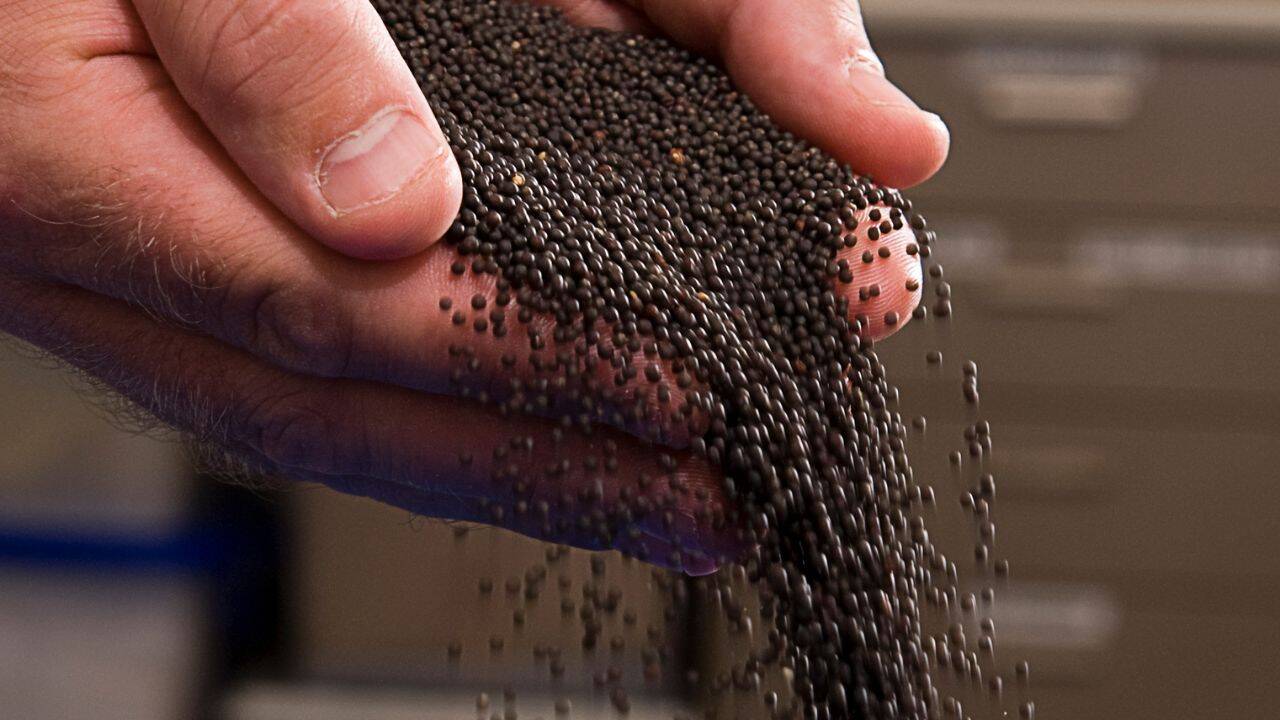agrointeligenta.ro
– June 22, 2022 9:30 p.m.

Rapeseed prices for the new harvest fell by almost 30 euros on the futures market on Monday. The last time there were even worse prices was four months ago. According to analysts, the main reason is the sharp depreciation of the price of palm oil. And today, Wednesday, June 22, the rapeseed trading closed down by 25 euros for the quantities delivered in August.
Rapeseed prices have been losing significantly since Monday due to falling palm oil prices. On Tuesday, the collapse of futures prices continued at a sharp pace. Indonesia’s rapid return to the international export arena and the continuing risks of recession have pushed the entire oilseed complex red, analyst Olaf Zinke said in an analysis for agrarheute.com.
The price of palm oil on the Kuala Lumpur stock exchange fell sharply by 9% on Monday, falling to its lowest level since the beginning of the year. The imminent start of the rapeseed harvest in Europe is also putting pressure on prices.
Matif rapeseed from the new harvest of 2022 (August date) fell sharply on Monday by 27 euros to 739.75 euros per tonne. These are the lowest prices for the new crop in the last four months. In mid-May, rapeseed prices for August were 880 euros per tonne. Contracts for November also fell by 23 euros / ton, to 737 euros per ton.
On Tuesday, however, rapeseed prices in the continuous trade continued to fall sharply: minus 23 euros to only 717 euros per tonne.
In addition to the evolution of the palm oil market, analysts also blame the increase in rapeseed imports. This primarily involves large deliveries of Australian rapeseed to Western Europe.
As of June 12, 2.6 million tonnes of rapeseed have come from Australia to Europe this marketing year. This represents a good proportion of 50% of the total import volume of 5.2 million tonnes. 1.65 million tons (32%) came from Ukraine and 611,000 tons (12%) from Canada.
Soybeans also slipped deep in the red on Tuesday, putting additional pressure on rapeseed prices.
The strong US dollar also affects the prices of oilseeds and cereals on the Chicago Board of Trade, as it hinders US exports. In order to remain competitive, prices in Europe are also falling.
Australia comes with high harvest forecasts, Indonesia lifts restrictions
The rapid advance in canola (summer) sowing has also supported the negative trend in European canola prices, although Canadian analysts report significant area losses in parts of Saskatchewan and Manitoba in favor of spring wheat.
According to analysts, there is also considerable pressure on prices due to the very high harvest forecast in Australia. The Australian Agricultural Office Abares announced last week that it expects an Australian rapeseed harvest of 5.6 million tonnes this year.
This would be the second largest rapeseed harvest in the country after last year’s record 6.5 million tonnes.
However, most analysts believe that the main factor determining the current price pressure is the evolution of the Indonesian market. The country has decided to lift restrictions on the export of palm oil through various measures, announcing a rapid return of the world’s largest exporter of palm oil internationally.
Last but not least, the announcement by the Chinese of a possible reintroduction of Covid restrictions in Shanghai and rampant inflation in the US and Europe also threatens the outlook for global vegetable oil consumption – which also indirectly affects rapeseed prices.
–

